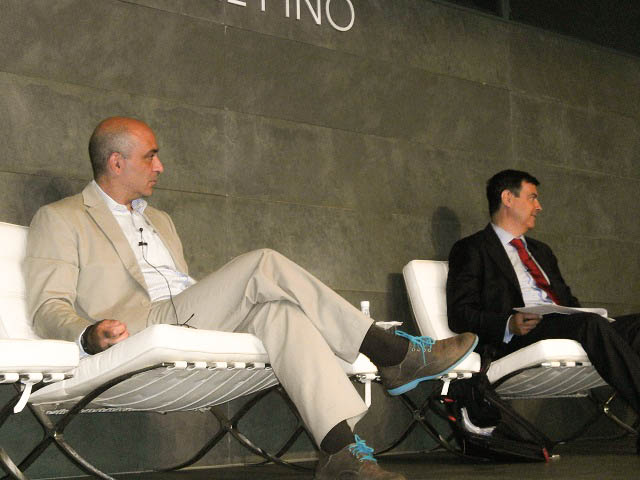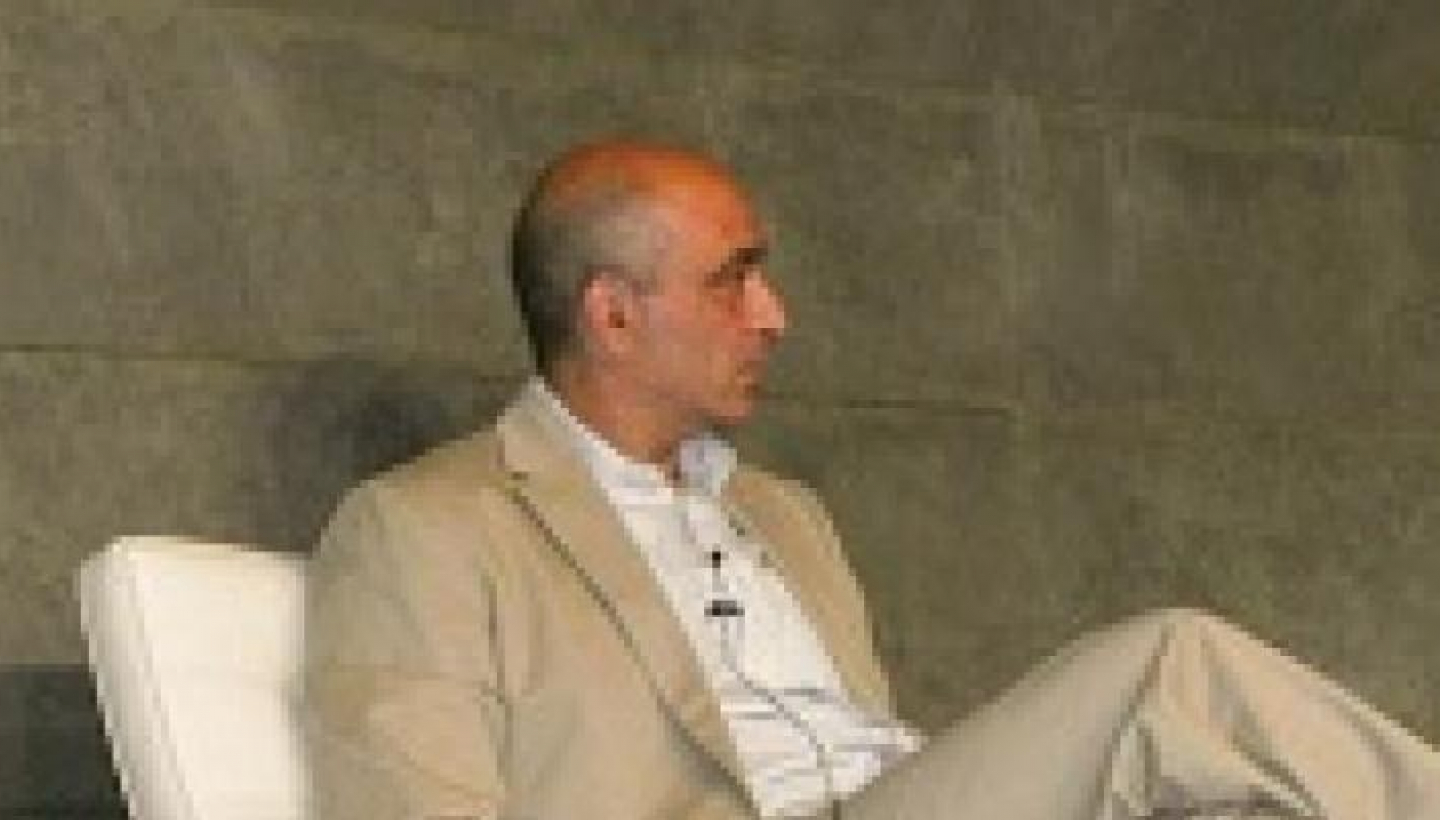"If we do not create a system that promotes the risk of entrepreneurs we will not have entrepreneurs, and without entrepreneurs the system doesn't work." Those were Andrey Zarur opening lines, speaker at the Martin Trust Center for MIT Entrepreneurship, during his lecture at the First Conference on entrepreneurial biotech held at the Rafael del Pino foundation on Friday July 12. He identified three issues that should be changed in order for the Spanish entrepreneurial system to work as well as in the U.S.
The main difference between the two systems is that in the United States for an entrepreneur there is no friction when starting a business. That is, if a person creates a company and it fails, the person has no criminal or civic responsibility, something unheard of in Spain, and throughout Europe. In this sense, Zarur added: "In Spain we do not have time to wait for the system to evolve like the U.S. The entrepreneur is afraid to start because he has legal and civic responsibility. If an entrepreneur fails he can not start again, contrary to the U.S. "Moreover, Zarur said that the investment system needed to give life to an enterprise system is much higher in the United Stated than in Spain, where the first thing that is cut in public expenditure is expenditure on R&D. This is because "society does not like to invest in failure. And in entrepreneurship failure is the norm, but the mentality has to change." Another aspect that we have to change in Spain is to note that large companies do not do research. We have to identify small businesses that do and try to buy them at the right time." In this regard, “there must be a significant participation from large companies, they have to start taking risks” added Zarur.

Zarur gave three tips to transform an entrepreneurial idea into a project. First, the entrepreneur must consider the market." The main problem is that entrepreneurs begin with technology rather than by considering the market," said Zarur. The second lies in the importance of having a good team that can achieve the idea, and finally you have to successfully make the value of the company grow with little money.



